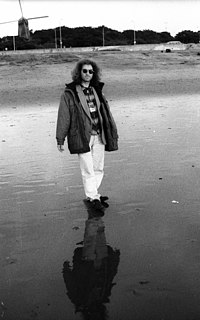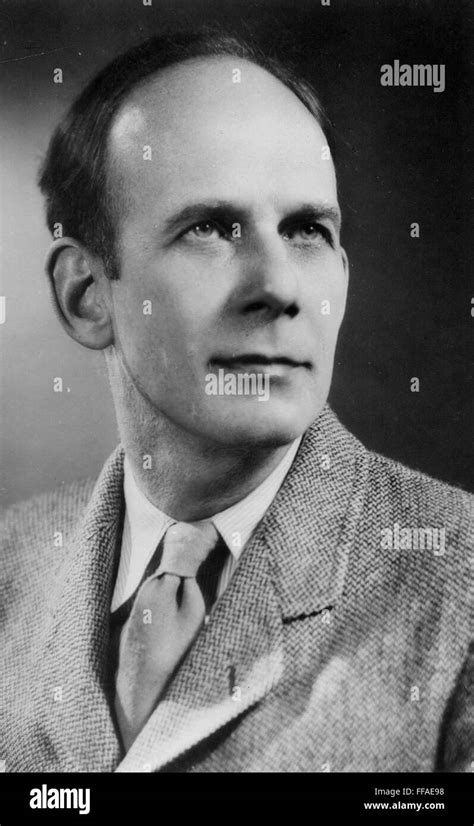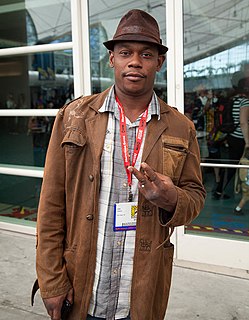A Quote by Noam Chomsky
Humans have certain properties and characteristics which are intrinsic to them, just as every other organism does. That's human nature.
Quote Topics
Related Quotes
Shallow ecology is anthropocentric, or human-centred. It views humans as above or outside nature, as the source of all value, and ascribes only instrumental, or 'use', value to nature. Deep ecology does not separate humans - or anything else - from the natural environment. It does see the world not as a collection of isolated objects but as a network of phenomena that are fundamentally interconnected and interdependent. Deep ecology recognizes the intrinsic value of all human beings and views humans as just one particular strand in the web of life.
According to classical utilitarianism, the only intrinsic good is happiness; the only intrinsic bad is pain. That implies no intrinsic value in preserving nature, that preserving an endangered plant is valuable only if it benefits humans or other animals. Intuitively, that seems wrong but perhaps I shouldn't trust my intuition here.
The very properties of the human mind that provide an enormous scope for human genius in some domains will serve as barriers to progress in other domains, just as the properties that enable each child to acquire a complex and highly articulated human language block the acquisition of other imaginable linguistic systems.
I think the most important work that is going on has to do with the search for very general and abstract features of what is sometimes called universal grammar: general properties of language that reflect a kind of biological necessity rather than logical necessity; that is, properties of language that are not logically necessary for such a system but which are essential invariant properties of human language and are known without learning. We know these properties but we don't learn them. We simply use our knowledge of these properties as the basis for learning.
It is your organized religions that have made it clear through their most sacred scriptures that cruelty and killing is an acceptable response to human frailty and human differences. This goes against every human instinct, but organized religion has reorganized human thoughts. Some humans have even been turned against their own instinct for survival. And so people go around maiming and killing each other, because they've been told quite directly that this is what God does to them--and what God wants them to do to each other.
In what terms should we think of these beings, nonhuman yet possessing so very many human-like characteristics? How should we treat them? Surely we should treat them with the same consideration and kindness as we show to other humans; and as we recognize human rights, so too should we recognize the rights of the great apes? Yes.
People are hypocritical. That's just human nature. I embrace my hypocrisy. Once you come to grips with who you are and what's in you, and you aren't ashamed of it...but people are made to feel ashamed. You start thinking, like, "Is this human nature? That I like certain things, but I don't like certain aspects of certain things? Should I just shun it altogether?"


































